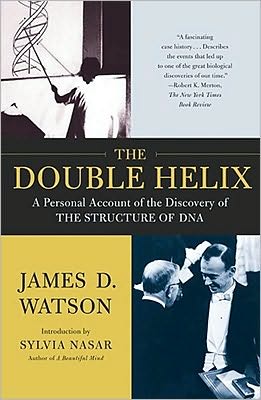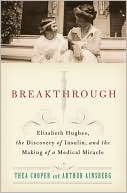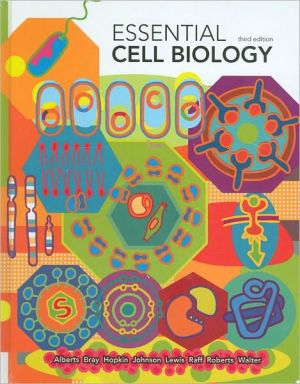Handbook of Affinity Chromatography
This essential handbook guides investigators in the theory, applications, and practical use of affinity chromatography in a variety of fields including biotechnology, biochemistry, molecular biology, analytical chemistry, proteomics, pharmaceutical science, environmental analysis, and clinical chemistry.\ The Handbook of Affinity Chromatography reflects upon important factors to consider in the development of affinity methods, such as the choice of support material, immobilization methods,...
Search in google:
This essential handbook guides investigators in the theory, applications, and practical use of affinity chromatography in a variety of fields including biotechnology, biochemistry, molecular biology, analytical chemistry, proteomics, pharmaceutical science, environmental analysis, and clinical chemistry. The Handbook of Affinity Chromatography reflects upon important factors to consider in the development of affinity methods, such as the choice of support material, immobilization methods, and application or elution conditions. It reviews common affinity methods and explores the latest preparative, analytical, and biophysical applications, including the use of affinity chromatography with other separation techniques and analytical systems. This basis seamlessly supports the discussion of recent developments in techniques including the use of affinity ligands in capillary electrophoresis, mass spectrometry, microanalytical systems, and optical biosensors. New chapters feature expanded discussions on molecularly imprinted polymers and biomimetic ligands, chromatographic immunoassays, affinity-based immunoassays, affinity-based chiral stationary phases, and affinity ligands in multidimensional systems. Engaging the collaboration of 48 scientists and students from 23 laboratories and organizations to present the latest information on affinity methods, the Handbook of Affinity Chromatography illustrates a wide range of applications and theory for scientists, students, and laboratory workers throughout the fields of chemistry and biology.
Ch. 1An introduction to affinity chromatography3Ch. 2Support materials for affinity chromatography15Ch. 3Immobilization methods for affinity chromatography35Ch. 4Application and elution in affinity chromatography79Ch. 5Bioaffinity chromatography101Ch. 6Immunoaffinity chromatography127Ch. 7DNA affinity chromatography173Ch. 8Boronate affinity chromatography215Ch. 9Dye-ligand and biomimetic affinity chromatography231Ch. 10Immobilized metal-ion affinity chromatography257Ch. 11General considerations in preparative affinity chromatography287Ch. 12Affinity chromatography of enzymes313Ch. 13Isolation of recombinant proteins by affinity chromatography347Ch. 14Affinity chromatography in antibody and antigen purification367Ch. 15Affinity chromatography of regulatory and signal-transducing proteins399Ch. 16Receptor-affinity chromatography435Ch. 17Affinity methods in clinical and pharmaceutical analysis461Ch. 18Affinity chromatography in biotechnology487Ch. 19Environmental analysis by affinity chromatography517Ch. 20Affinity chromatography in molecular biology547Ch. 21Affinity-based chiral stationary phases571Ch. 22Quantitative affinity chromatography : practical aspects595Ch. 23Quantitative affinity chromatography : recent theoretical developments629Ch. 24Chromatographic studies of molecular recognition and solute binding to enzymes and plasma proteins663Ch. 25Affinity-based optical biosensors685Ch. 26Affinity ligands in capillary electrophoresis699Ch. 27Affinity mass spectrometry737Ch. 28Microanalytical methods based on affinity chromatography763Ch. 29Chromatographic immunoassays789Ch. 30Molecularly imprinted polymers : artificial receptors for affinity separations837








